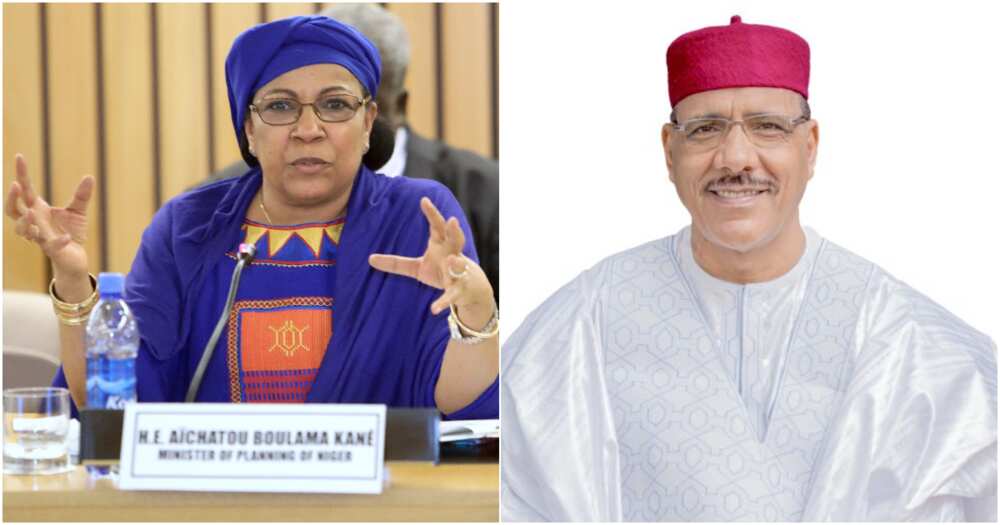
The Senate has mandated its Committee on Petroleum Upstream, Downstream and Gas to probe the implementation of the Petroleum Industry Act regarding the potential exits of International Oil Companies from Nigeria.
This was contained in a statement from the Press Unit of the office of the Senator representing Akwa Ibom North-East, Aniekan Bassey.
According to the statement which was made available in Uyo, Akwa Ibom State on Saturday, the development followed a motion brought before the Senate by the Akwa Ibom senator during Thursday’s plenary.
Bassey, in his motion titled “Urgent Need for Enquiry into Implementation of the Petroleum Industry Act (PIA) 2021 with Regards to Potential Exit of International Oil Companies from Nigeria: Case of ExxonMobil in Akwa Ibom State,” prayed the Senate to get involved and salvage the situation.
The senator expressed concern about “the potential adverse effects of the exit of ExxonMobil from Akwa Ibom State including high loss of jobs, exit of professionals and service companies from Akwa Ibom, loss of revenue as well as abandonment of certain yet to be satisfied obligations.”
According to him, “the PIA implementation has not yet produced any workable coordination or clearing house by which NNPCL, regulators and oil producing companies, work and coordinate vital petroleum sector changes with significant consequences, with the to-be-impacted host communities, cities and states.”
Through the motion, the Senate acknowledged that “the discovery of oil and gas in commercial quantity in Nigeria saw to the arrival of International Oil Companies such as Shell PB, Mobil Producing Nigeria Unlimited,Nigerian Agip Oil Company, to name but some, in Nigeria for purpose of further exploration, development and production in the sector.”
The Senate also noted that “the IOCs went into Joint Venture contracts with the Federal Government through the NNPCL. Particularly, in the case in point, the NNPC holds 60% while ExxonMobil holds 40% shares in the JV between the NNPC and ExxonMobil. Both the responsibilities for injection of capital expenditure into the JV and the proceeds of the same are shared in corresponding proportions.”





